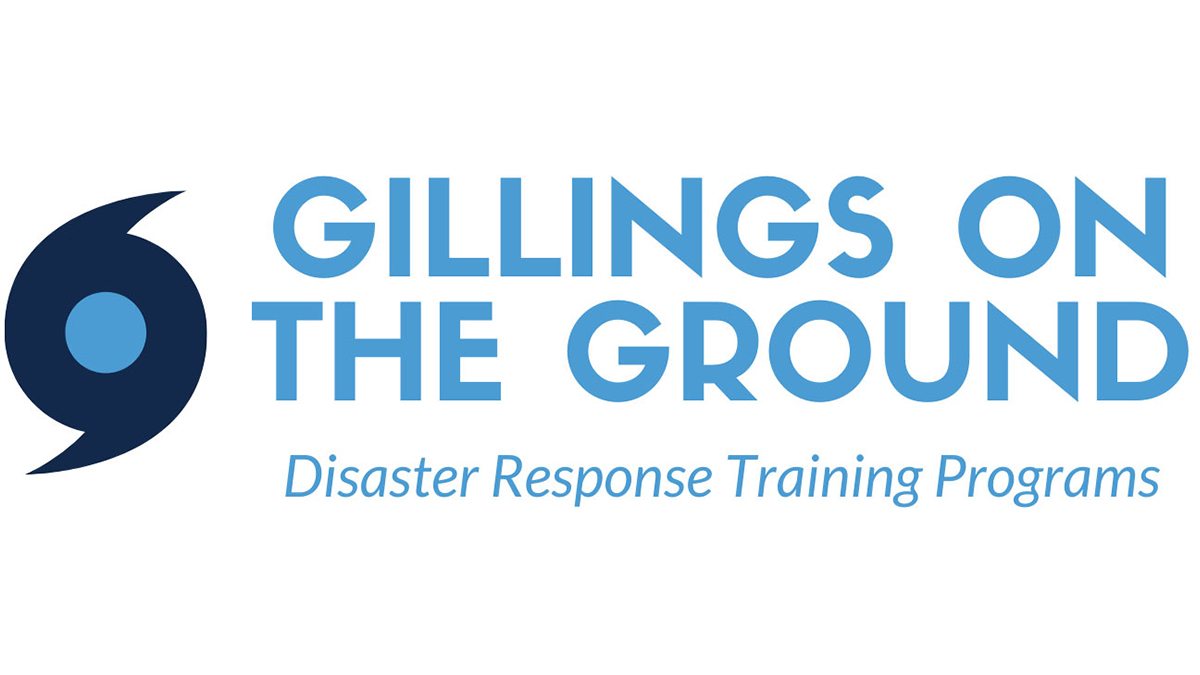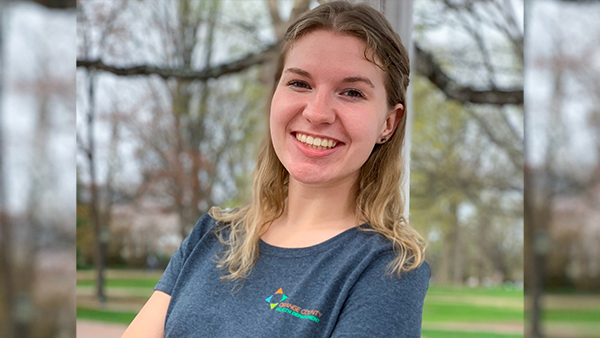In the face of emergency, Gillings trains students to prepare and respond
Gillings on the Ground aims to teach Carolina students about the many facets of disaster preparedness, response, relief and mitigation.

When leadership at the UNC Gillings School of Global Public Health made plans in 2019 to launch a learning program in disaster preparedness and relief, they didn’t anticipate rolling it out in the middle of a global pandemic. But when Gillings on the Ground, a new training course for the Carolina community, kicked off in October 2020, participants found that it couldn’t have been more timely.
Over the course of five weeks, participants connected over Zoom with organizations in North Carolina to get a real-world look at what it takes to prepare for and respond to needs brought on by disasters and other public health emergencies.
“When we developed the course material, we planned to present it through a broad lens that applied to any disaster, with special focus on disasters that we see often in North Carolina, such as extreme flooding, hurricanes and other severe weather,” said Katherine Gora Combs ’21(MPH), Gillings on the Ground program director. “Then COVID-19 happened, and we shifted to make sure everything in the course had a link to pandemics as well.”
While housed in the Gillings School, the program is open to the entire university, and its first cohort consisted of a broad range of students – many interested in the health sciences – as well as several faculty, staff and alumni. Gora Combs noted that participants found the program of interest, not only because it was disaster-related but because it was a public health program that was so timely during the COVID-19 crisis.
Funded by the Carolina Center for Public Service, the course was born from the University’s need to create a training program related to hurricane preparedness and response. It is a re-imagination of a previous initiative at the Gillings School that prepared public health students to apply their knowledge directly in the community. The new iteration, Gillings on the Ground, aims to teach the Carolina community at large about the many facets of disaster preparedness, response, relief and mitigation.
“The thing that’s unique about our model,” Gora Combs explained, “is that all of the training was co-led by a speaker providing an academic perspective – usually a faculty member – and then another speaker or speakers who were members of the community who work in disaster response, either with a state organization or a nonprofit. So, the participants were trained in the research aspect that’s more familiar to them and the applied learning aspect.”
Some co-leaders brought a clinical care perspective, including members of the North Carolina Institute for Public Health, the North Carolina Department of Health and Human Services and health departments for Orange and Dare counties. Other co-leaders, such as pastors Anthony Gibson and Dawn Baldwin-Gibson of Peletah Ministries in New Bern, North Carolina, brought an active listening perspective to help participants understand how to holistically address community needs in times of trauma.
“The leaders from Peletah shared a video from someone in the community who had recently gone through a disaster,” Gora Combs recalled. “And then we, as a class, talked about what stood out in the video and considered how we should respond as public health professionals. It was a very applicable experience that resonated with everyone.”
In addition to the five-week course, the Gillings on the Ground curriculum was designed to include a service component with a local community organization. While the pandemic prevented the first cohort from completing any projects in person, students like Ashlyn Clark were able to leverage resources provided in the course to assist in a public health COVID-19 response.
Since her participation in Gillings on the Ground, Clark has been volunteering with the Orange County Health Department on water safety assessments and local business outreach.
Gora Combs says once public health guidance allows, there are plans to resume the in-person service component, not only with the first cohort but with future cohorts as well. This service component likely won’t be a requirement but would be encouraged to build on the course’s foundation and gain further real-world perspective.
“Students said they were really grateful for the opportunity to get training in this side of public health, especially because of COVID-19,” said Gora Combs. “For many participants, this was one of their first exposures to what community partnerships look like when responding to a public health emergency. It reinforces the importance of partnerships in public health across disciplines – with religious organizations, state organizations and groups that work with rural communities. Whenever you’re developing public health interventions, partnership-building really needs to be at the foundation to make sure it’s the most successful.”




